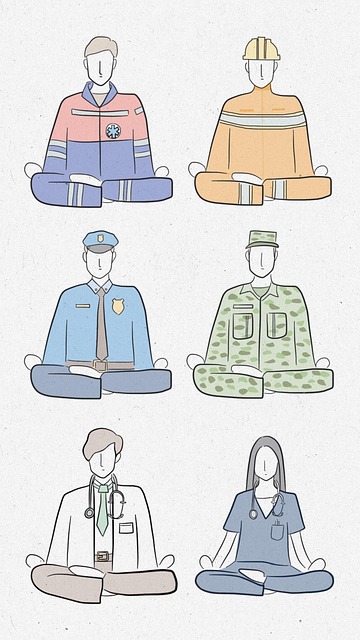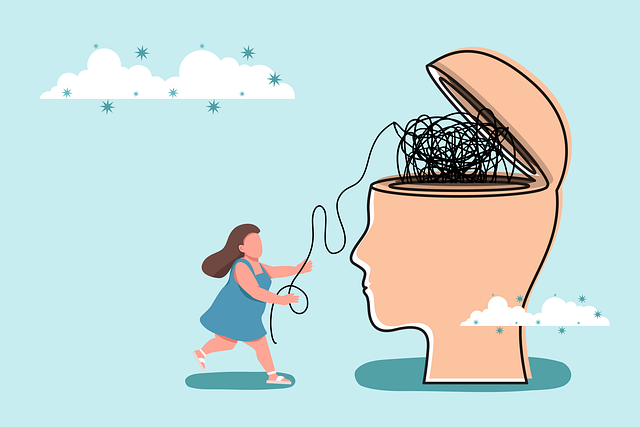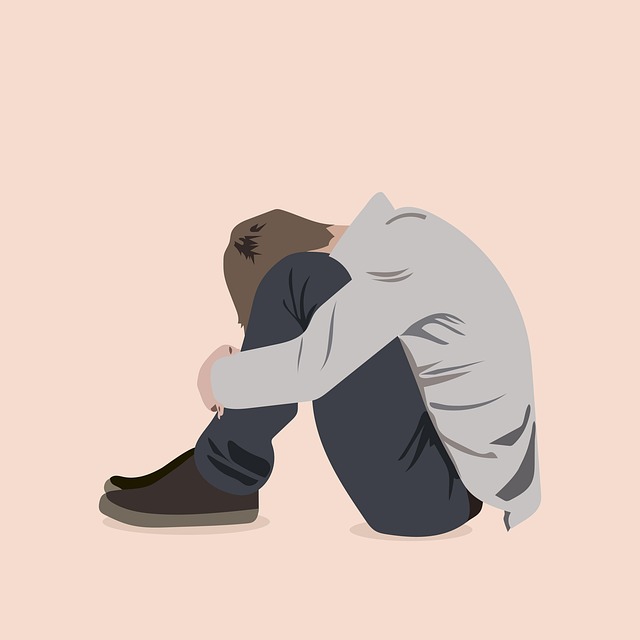Lone Tree Sexual Abuse Survivor Therapy employs a specialized RFM (Resilience, Flexibility, Mastery) approach integrating tailored Emotional Well-being Promotion Techniques for healing and empowerment after sexual abuse. This innovative strategy builds resilience, fosters control, enhances coping mechanisms, and prevents burnout, enabling clients to reclaim emotional well-being despite adversity. Resilience-building exercises, including mindfulness meditation, cognitive restructuring, and exposure therapy, empower participants with effective coping strategies and a sense of empowerment, improving mental health control, well-being, and risk management for professionals. Cultural sensitivity and tailored mental health awareness sessions ensure transformative support tailored to each survivor's unique journey.
“Lone Tree Sexual Abuse Survivor Therapy introduces a novel approach to resilience building through RFM (Recovery, Flourishing, and Mastery) exercises. This therapeutic method empowers survivors to navigate their trauma and foster healing. The article explores the unique integration of RFM within Lone Tree’s framework, highlighting its benefits in enhancing survivor resilience. We delve into practical steps for therapists to implement these exercises, offering a comprehensive guide to support sexual abuse survivors on their journey towards recovery and personal growth.”
- Understanding Lone Tree Sexual Abuse Survivor Therapy: A Unique Approach to RFM Implementation
- The Role of Resilience Building Exercises in RFM: Techniques and Benefits
- Practical Steps for Integrating RFM into Lone Tree Sexual Abuse Survivor Therapy Programs
Understanding Lone Tree Sexual Abuse Survivor Therapy: A Unique Approach to RFM Implementation

Lone Tree Sexual Abuse Survivor Therapy offers a unique and specialized approach to implementing RFM (Resilience, Flexibility, and Mastery) principles, focusing on healing and empowerment for survivors of sexual abuse. This therapy recognizes that navigating emotional healing processes is a complex journey, especially for those who have experienced trauma. By employing tailored Emotional Well-being Promotion Techniques, the therapy aims to help individuals build resilience, fostering a sense of control and mastery over their lives.
The RFM framework within Lone Tree Sexual Abuse Survivor Therapy goes beyond traditional counseling by offering tools to prevent burnout, a common challenge faced by many survivors. Through innovative strategies, this approach encourages clients to develop personal strengths, enhance coping mechanisms, and cultivate a positive outlook. By embracing this unique therapy, survivors can embark on a transformative path, where they learn to thrive and reclaim their emotional well-being in the face of adversity.
The Role of Resilience Building Exercises in RFM: Techniques and Benefits

Resilience building exercises play a pivotal role in enhancing the effectiveness of RFM (Recovery, Resilience, and Mindfulness) programs, particularly for individuals like Lone Tree Sexual Abuse Survivor Therapy clients who have experienced traumatic events. These exercises are designed to help participants develop coping strategies, foster a sense of empowerment, and promote emotional well-being—all essential components of the healing process. Through techniques such as mindfulness meditation, cognitive restructuring, and exposure therapy, survivors learn to navigate their emotions and triggers more effectively.
Incorporating resilience-focused activities into RFM programs offers several benefits. It empowers individuals to take control of their mental health, bolstering their ability to cope with challenges and setbacks. This proactive approach not only enhances overall well-being but also serves as an invaluable tool for risk management planning among mental health professionals. By equipping clients with robust resilience skills, therapists can support them in maintaining stability and mitigating potential risks, contributing to the success of long-term therapy outcomes, especially when combined with the engaging format of a Mental Wellness Podcast Series Production.
Practical Steps for Integrating RFM into Lone Tree Sexual Abuse Survivor Therapy Programs

Implementing RFM (Resilience and Strength-based Models) into Lone Tree Sexual Abuse Survivor Therapy programs requires a strategic approach that integrates evidence-based practices with cultural sensitivity. Start by introducing mental health awareness sessions tailored to address the unique needs of survivors, focusing on building resilience through trauma-informed care. These sessions can be designed to enhance coping mechanisms, promote self-care, and foster a sense of empowerment.
Encourage therapists to undergo Healthcare Provider Cultural Competency Training to ensure they understand the impact of cultural factors on therapy. This training facilitates effective communication and builds trust with diverse client populations. Incorporate activities that celebrate cultural strengths and encourage survivors to share their stories within a safe, culturally sensitive environment. By combining RFM principles with Mental Health Awareness initiatives and Cultural Sensitivity in Mental Healthcare Practice, Lone Tree Sexual Abuse Survivor Therapy Programs can offer transformative support tailored to each individual’s journey.
Lone Tree Sexual Abuse Survivor Therapy offers a novel approach to healing by integrating Resilience-Focused (RFM) strategies, providing survivors with powerful tools to navigate their journeys. The implementation of RFM, coupled with tailored resilience-building exercises, enhances therapeutic outcomes. By following practical steps outlined in this article, therapists can effectively incorporate these methods into their programs, empowering survivors to build mental fortitude and find hope amidst adversity. This holistic approach promises transformative results for those seeking healing and recovery.












